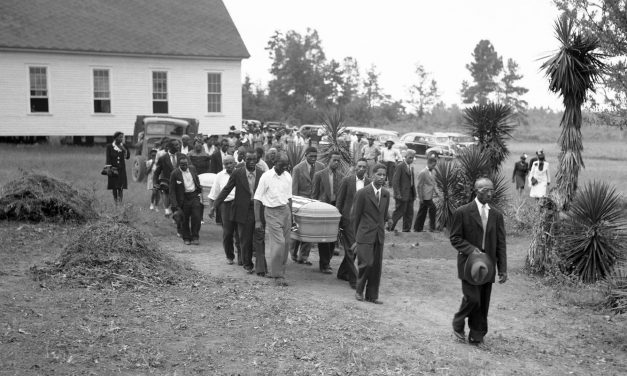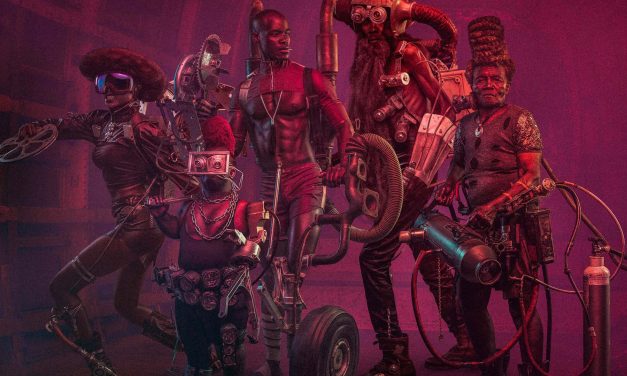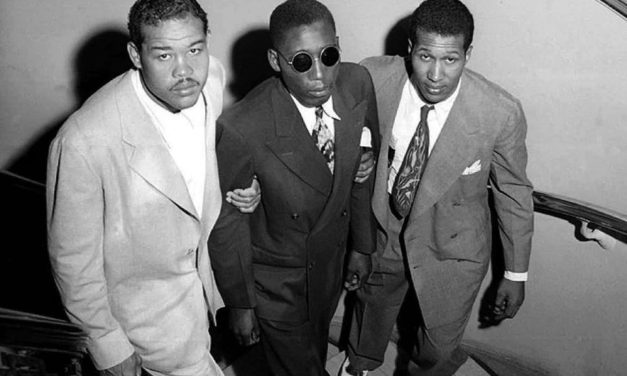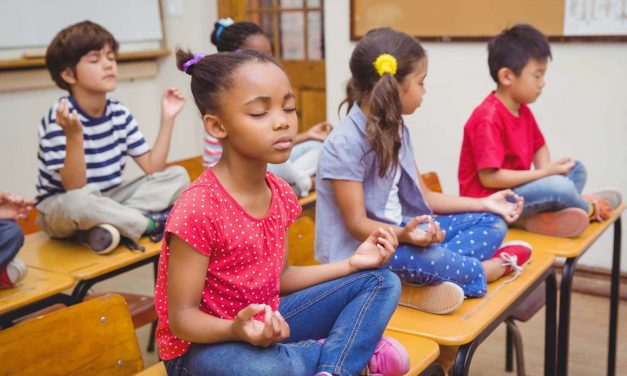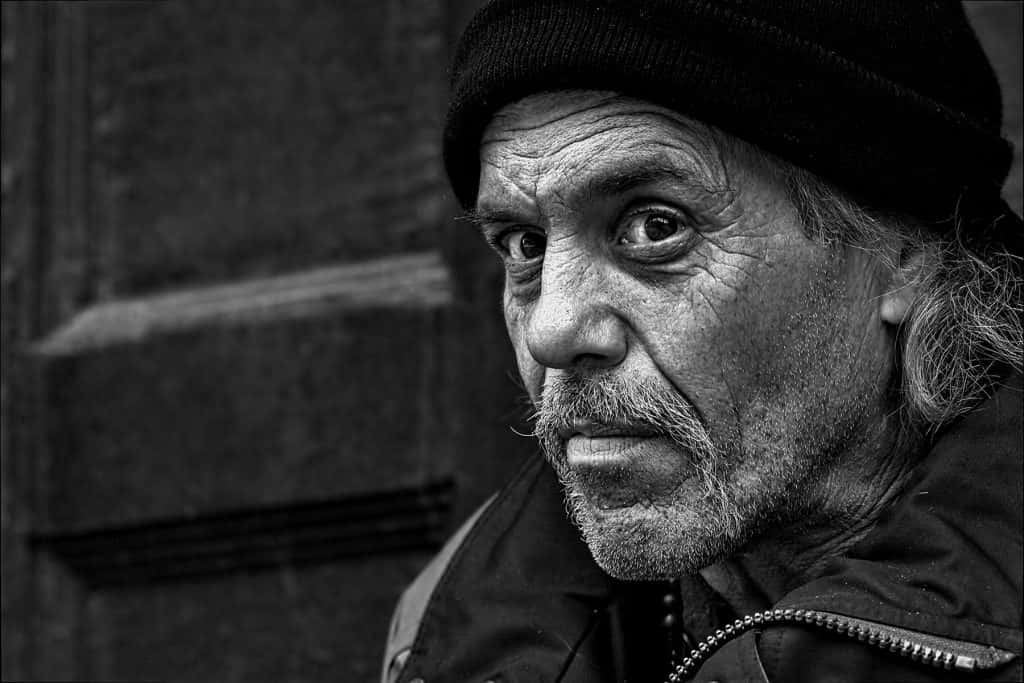Censorship and Book Banning: Proposed law aims to fine and imprison librarians
By Nicole Cooke, Associate Professor of Library and Information Science, University of South Carolina A bill pending in Missouri’s legislature takes aim at libraries and librarians who are making “age-inappropriate sexual material” available to children. The measure, championed by Ben Baker, a Republican lawmaker, calls for establishing review boards who would determine whether materials in libraries contain or promote “nudity, sexuality, sexual conduct, sexual excitement, or sadomasochistic abuse.” In addition, the boards, which would be comprised of parents, would root out materials lacking “serious literary, artistic, political, or scientific value.” Librarians who defy the review boards by buying and...
Read More

